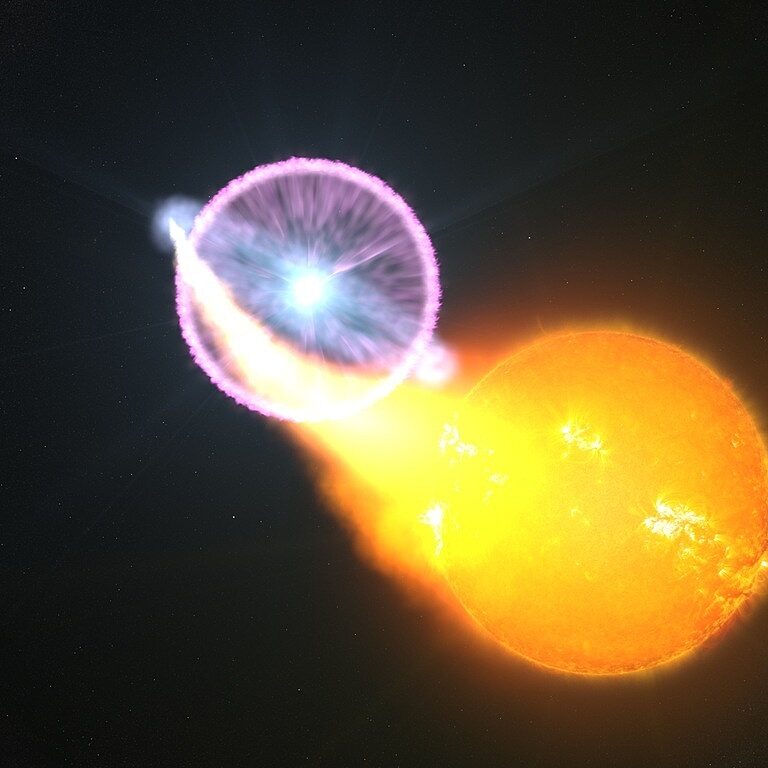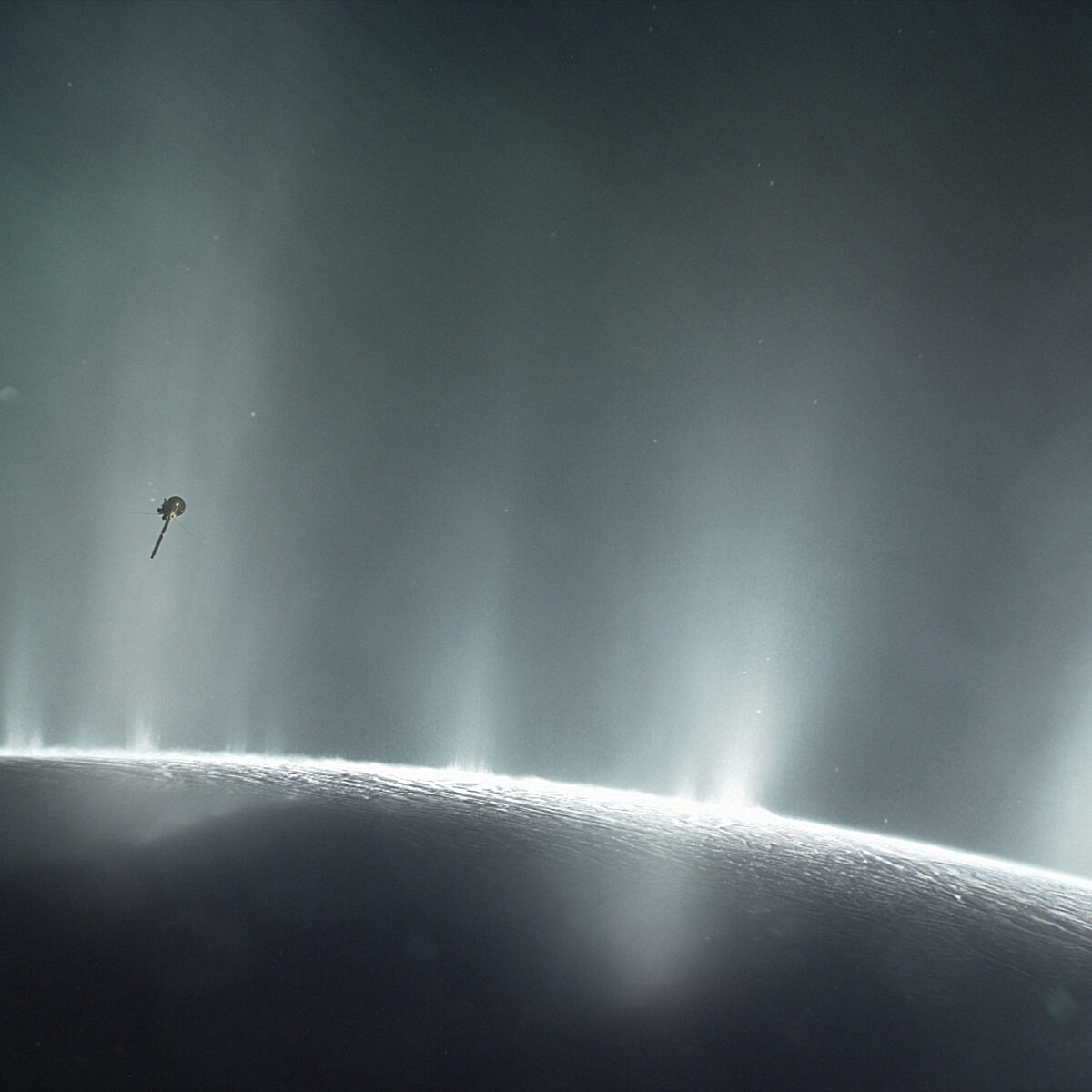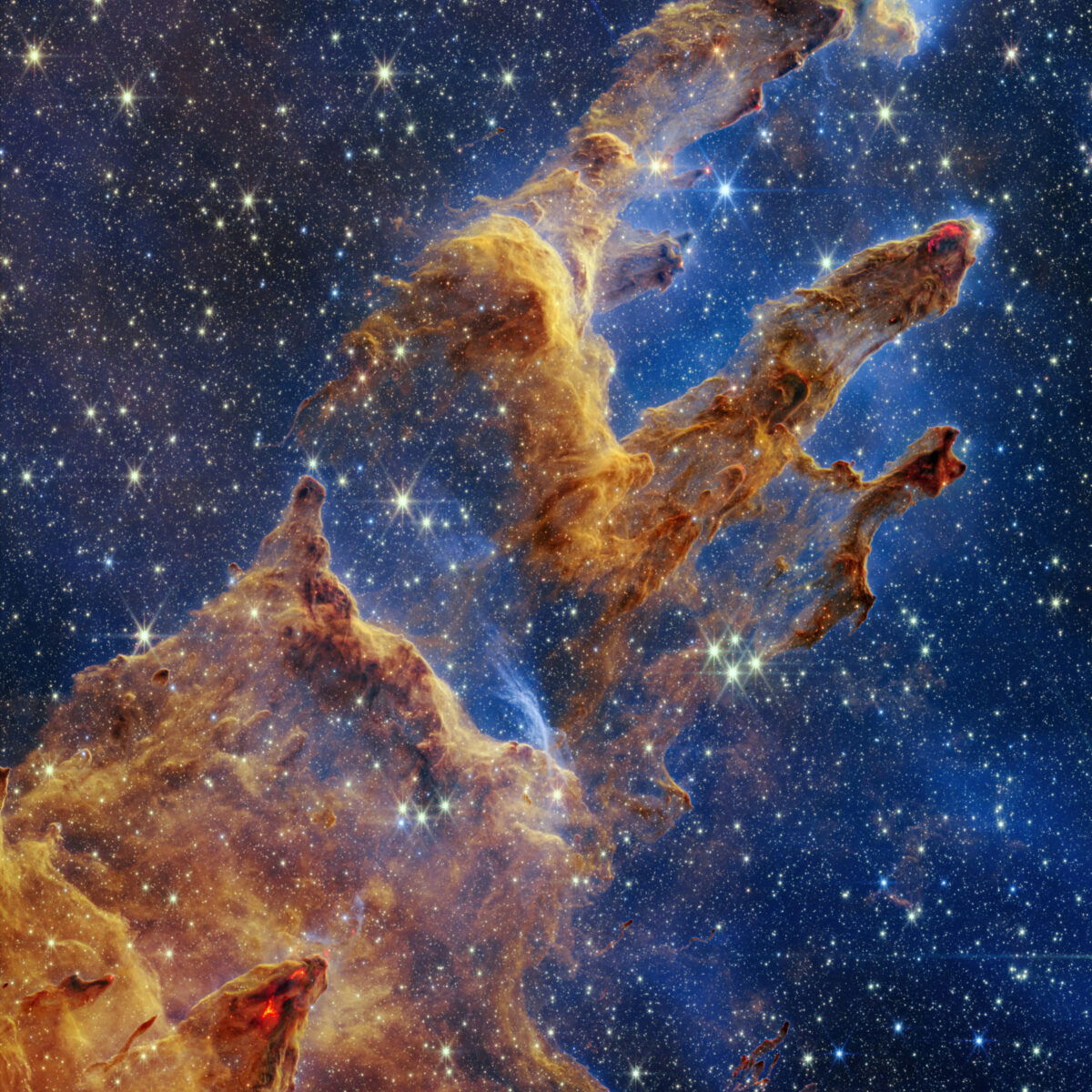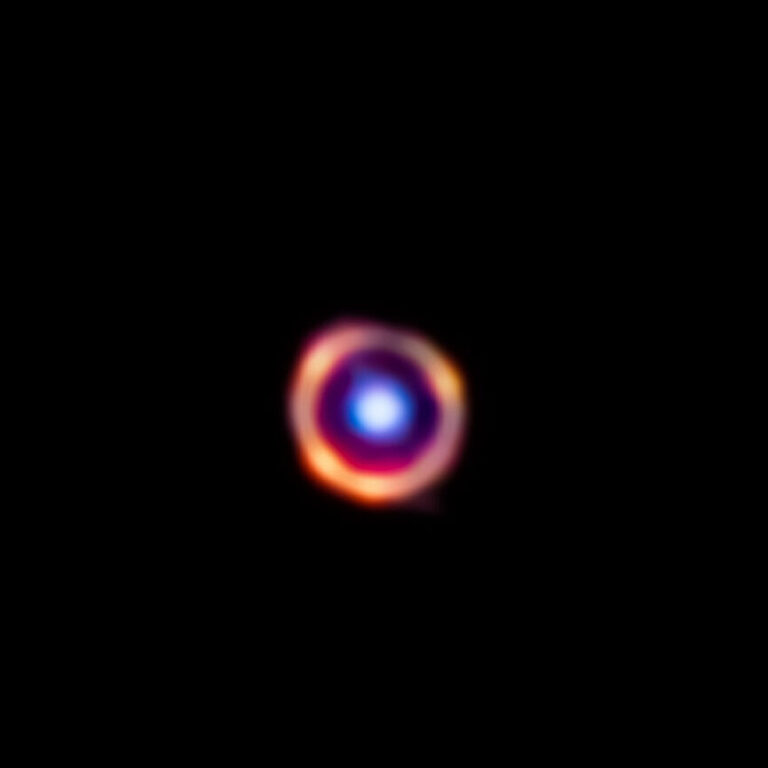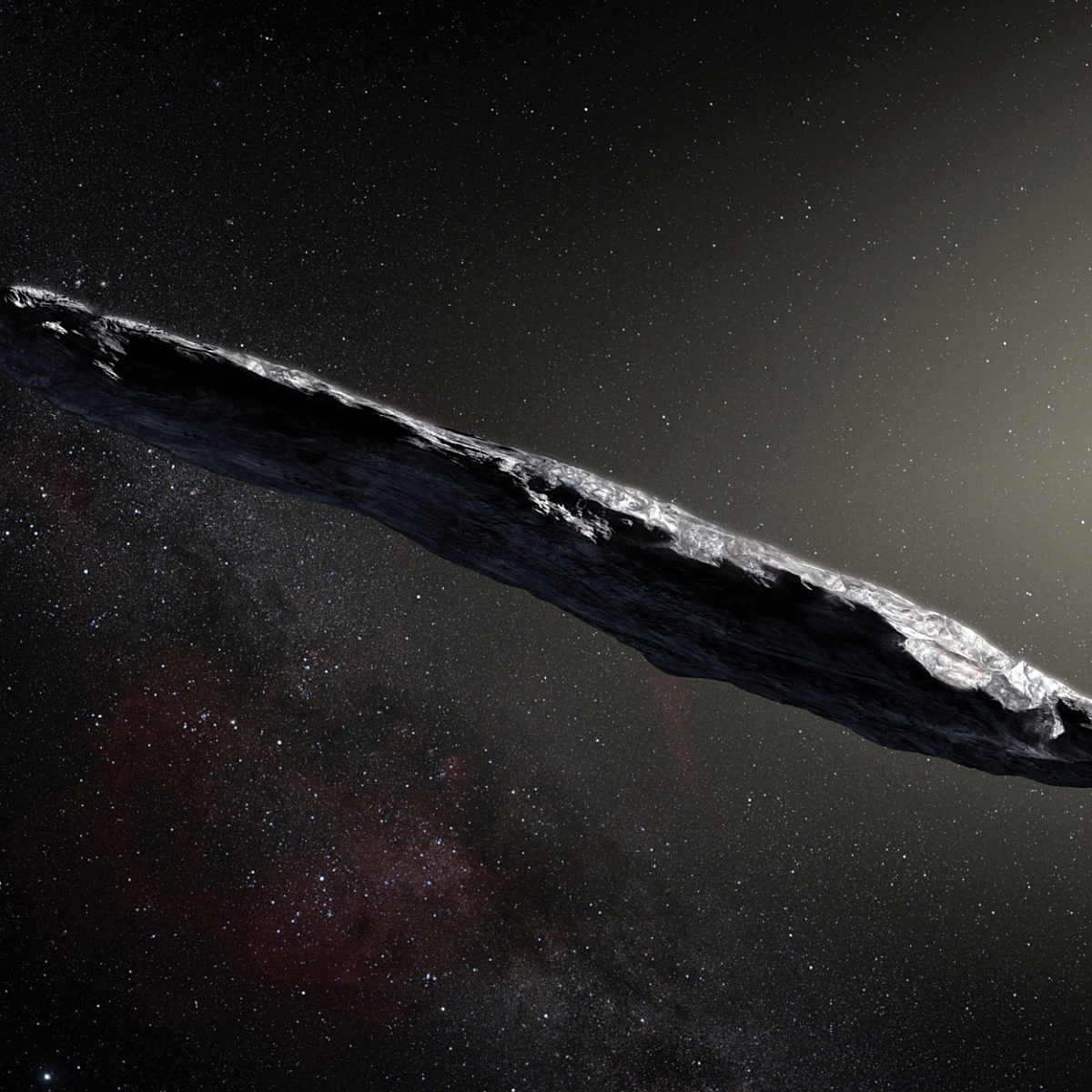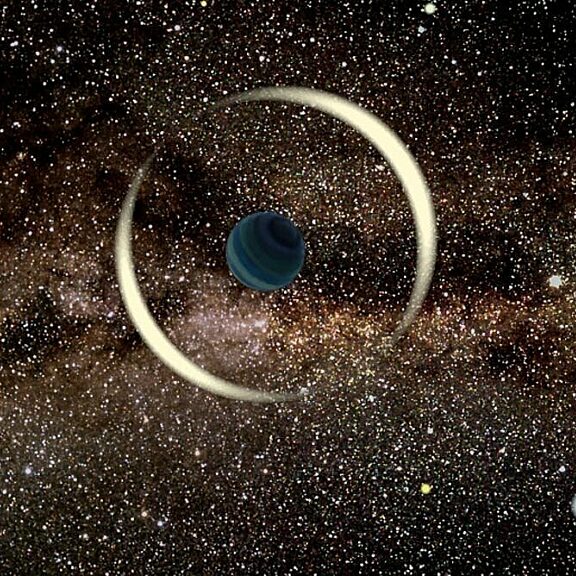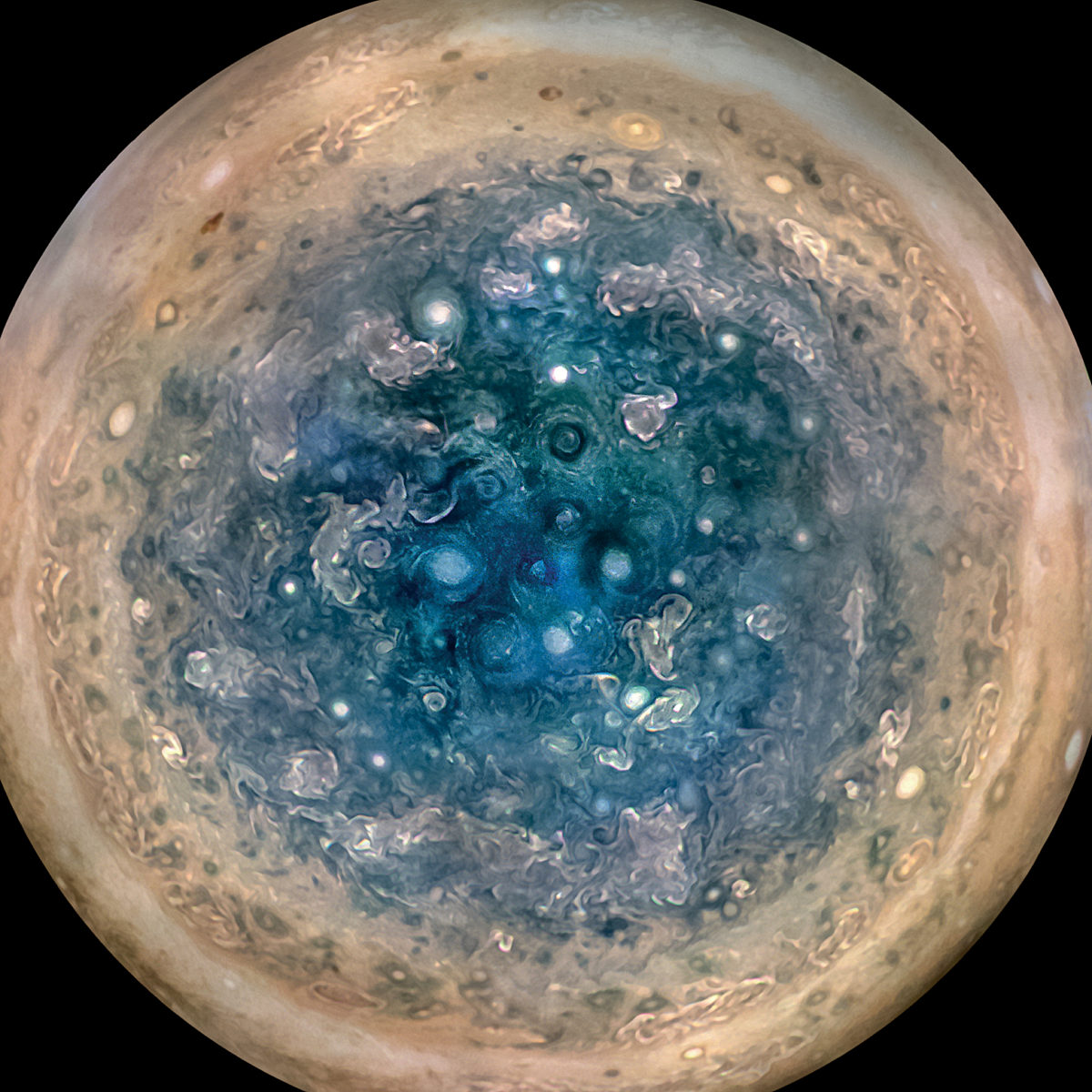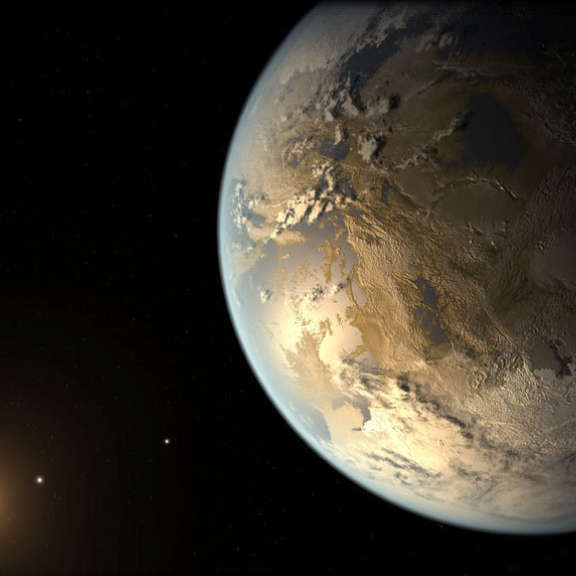Since 2002, Planetary Radio has visited with a scientist, engineer, project manager, advocate, or writer who provides a unique perspective on the quest for knowledge about our Solar System and beyond. The full show archive is available for free.
Search Planetary Radio
We celebrate the second anniversary of the James Webb Space Telescope's (JWST) science operations with Christine Chen, associate astronomer at the Space Telescope Science Institute.
RadioLab's Latif Nasser returns to Planetary Radio with a new public naming contest for a quasi-moon of Earth.
We discuss the delightfully unpredictable nature of space discoveries with Chris Lintott, author of the upcoming book Accidental Astronomy.
Nathaniel Kahn, an Oscar-nominated filmmaker and the director of Deep Sky, joins Planetary Radio this week to discuss the film's decade-long creation process and the magic of JWST images on the big screen.
Justin Spilker joins Planetary Radio to talk about his team’s detection of the oldest organic molecules in the known Universe.
Phil Plait, the Bad Astronomer, joins Planetary Radio to discuss his new book, Under Alien Skies: A Sightseer’s Guide to the Galaxy.
Kim Arcand from NASA’s Chandra X-ray Observatory joins Planetary Radio to share her team’s new album Universal Harmonies.
20 years after its creation, Mat Kaplan is ready to introduce the great new host of Planetary Radio. We also join an assembly of astrophysicists as they toast each other and the cosmos.
X-ray astronomy is vital to solving some of the universe’s biggest mysteries. Martin Weisskopf’s brand new space telescope has joined the effort.
Jim Gunn co-created and led the Sloan Digital Sky Survey that has revealed the universe as never before.
How astronomers at California’s Palomar Observatory revolutionized our understanding of the cosmos.
‘Oumuamua made headlines when astronomers discovered it in 2017. Harvard professor Avi Loeb's new book lays out the case for why the object might be artificial and argues that scientists should embrace bold theories.
A distant, lonely planet has been discovered as it wanders the galaxy, while Bill Nye helps us celebrate selection of a radically-simple sample collection system for trips to the Moon and Mars’ moon Phobos.
New research reveals why Earth is on its own in this solar system’s habitable zone where liquid surface water flows, but the same isn’t true across the galaxy.
One of Earth’s lowliest creatures has inspired and guided a team of scientists toward an improved model for the distribution of galaxies and dark matter across the cosmos.
The search for worlds like our own is underway, but the challenges are enormous according to astronomers Debra Fischer and Joe Llama.
Another near Earth-sized planet has been found in the habitable zone around a distant star, discovered by a powerful space telescope named TESS.
Join us at the Applied Physics Lab in Maryland for the New Horizons encounter with the most distant object ever visited. You’ll meet mission leaders, friends and even a rock and roll star as we dive deep into this triumph of exploration.
The New Horizons spacecraft will reach faraway Kuiper Belt object 2014 MU69 in the first minutes of 2019. Will the body informally known as Ultima Thule be as mysterious and exciting as Pluto?
The InSight lander has only just arrived on Mars. Now, OSIRIS REx has reached asteroid Bennu after traveling through deep space for a year and a half.


 Explore Worlds
Explore Worlds Find Life
Find Life Defend Earth
Defend Earth



